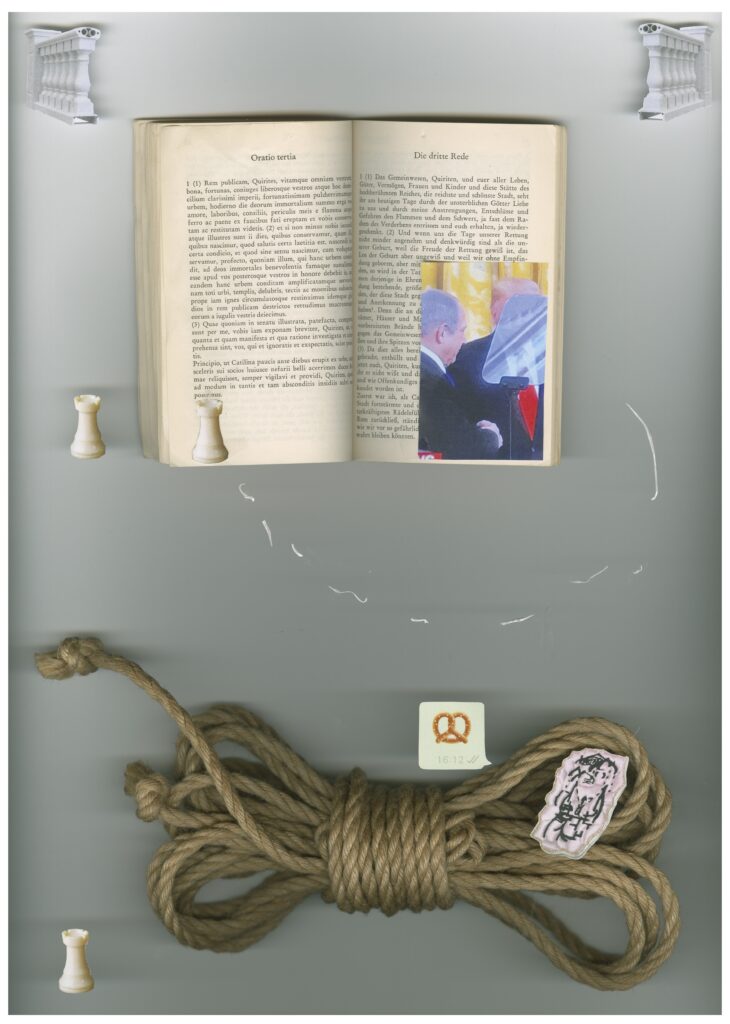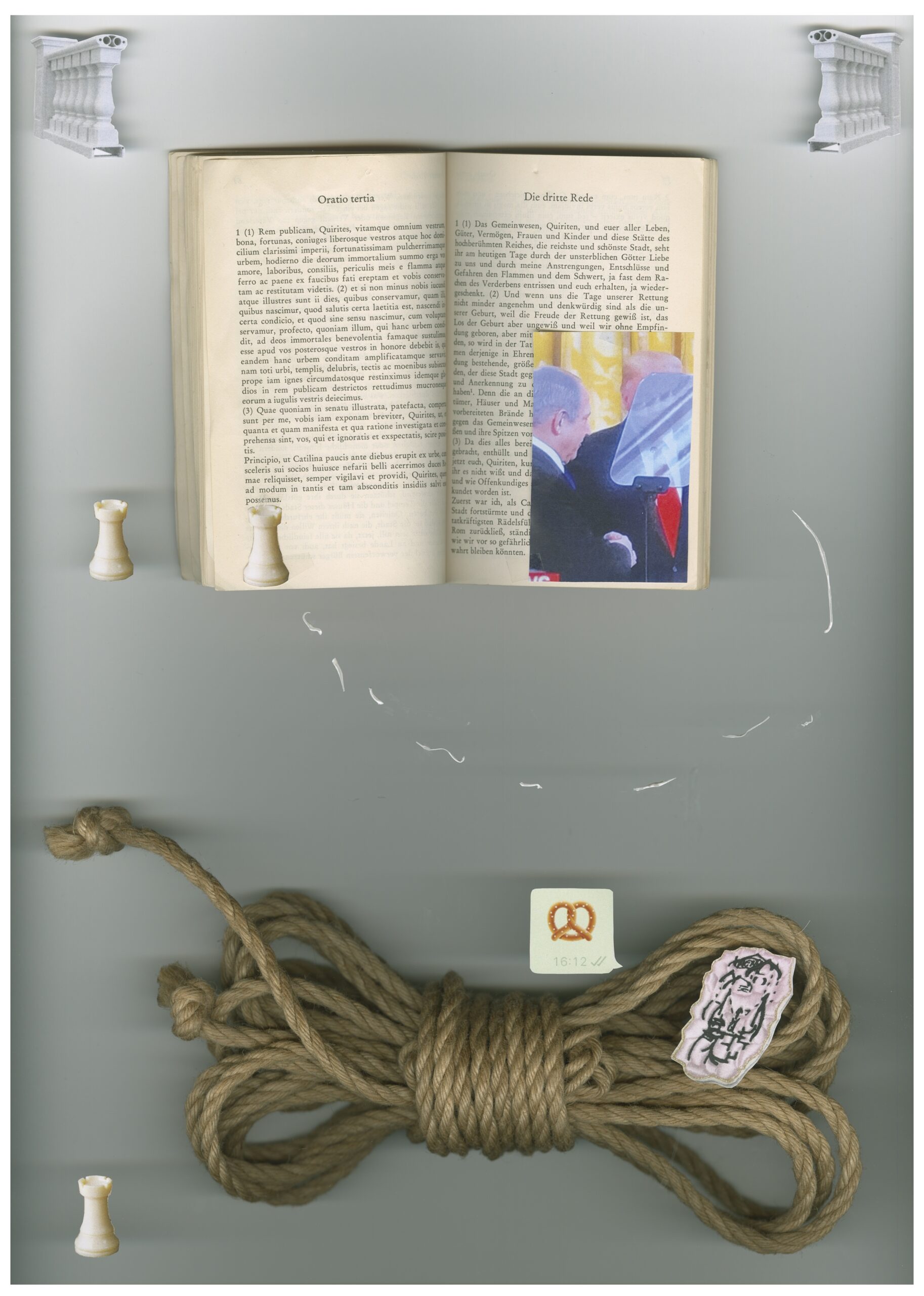R/R
The English word “rhetoric:’, appears to have originated as the term “rhetorike”, coined by Plato in 387 BCE: to narrow the scope of the sophistic art of logos and to counter-pose rhetoric to Socratic dialectic as the “true” science of discourse. Perhaps partially owing to this counter-position, and in part to the Romantic movement, Rhetoric and philosophy/poetry/art are today viewed as radically different or even mutually exclusive genres and disciplines.Rather than working with a cynical counter-position between binary categories of the noble artist/poet/philosopher against the cunning rhetor/politician, we are interested in understanding how rhetoric and culture can be and are used, as tools or weapons. With R/R we are setting out to recognize, identify, study, reveal and make use of rhetoric within our individual circumstances and contexts in Vadodara, India and Zurich, Switzerland.
We’re learning from and experimenting with the tools and methods offered by the discipline of rhetorical criticism and practice.

copyright: {F_x Office}: Elza Sile & Ilona Isabel Stutz
R/R is currently split into two parallel segments. Because of our intensely differing contexts of practice, it is important to us that each segment maintain autonomy, developing according to the conditions of its specific environment as we continue exchanging what we learn autonomously.
In Zurich, we try and find visuals to translate rhetorical tools and arguments into less schematic and more open experiences, looking to translate rhetorical patterns into different media.
In India, Oshin is trying to relocate a practice developed in a high art-academic context, in terms of political praxis and studying the process using the approach of participative action research.
Part of our research goals is thus to find out how one practice finds itself in relation to the other and how the same research interest evolves under different circumstances.
We also make it a parallel objective as we continue our research, to pay attention to, study and eventually share with transparency what we learn in regards to
- The sharing of labor and resources,
- The pleasures and pains of interdependence,
- Collaboration and the politics of working together as well as
- The negotiations that take place in the process of realizing these ideas
As we’ve worked together, we are regularly exchanging documents and conversations online. This growing collection of documents is turning into an extensive archive that is in itself primary data that we will revisit in order to study the evolution of our collaboration at the end of each year.
People
Ilona Stutz, – MFA ZHdK (currently enrolled)
Oshin Thakkar, MFA (2018), MS university, India
Elza Sile, MFA ZHdK (2019), now Atlier Migros Herdern

copyright: {F_x Office}: Elza Sile & Ilona Isabel Stutz